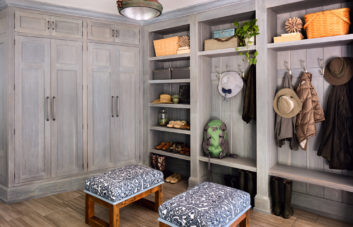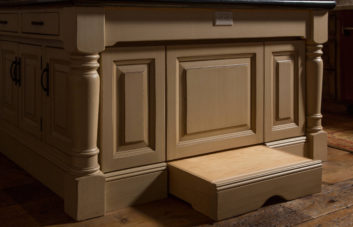It’s every homeowner’s worst nightmare: extensive damage to the home. The damage itself varies widely – from flooding to mold to fire to burglary – based on location and season, but whatever it may be, nobody wants to be faced with a household disaster. Unfortunately, these disasters are often at least partially avoidable with the proper foresight and preparation.
Here’s how to avoid and prepare for some of the most common household disasters.
Animal damage
You walk through your door after a vacation – or even just at the end of the day – and find fur, droppings, clawed walls, and torn-up furniture. What’s worse: you don’t have a pet. Some critter broke into your house and made his mark. And no, this is not a problem reserved for country folk; if your neighbor has a cat or you see the occasional squirrel in a tree, you’re vulnerable.

To protect your home from an animal invasion or a rodent infestation, ensure that all holes, regardless of size (mice can squeeze into the tiniest spaces), are sealed properly. This includes all vents, chimneys, and crawl spaces; cover any openings that can’t be fully sealed with heavy-duty steel mesh.
Flooding
You went on a trip and returned to a foot of water in your basement; you spend every storm bailing out water from your window wells or front stoop. Water damage can be devastating and is often entirely preventable.
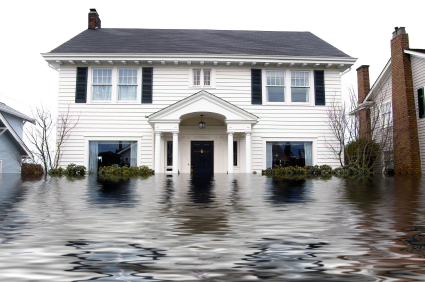
- Prepare your home for freezing weather, especially if you will be away for any length of time. If you don’t live there during the winter, make sure to winterize properly to prevent frozen and burst pipes.
- Be vigilant in storms, especially if you have a basement or live in a flood-prone area. Have sandbags ready in case of flash flooding and keep an eye on rising water levels during heavy rains.
- Keep your gutters and drains clear at all times, and check them before forecasted storms.
- Know where your water main is! If you have a sudden flood due to plumbing problems, you won’t waste precious time searching for it.
Mold and mildew
In the right conditions, your home can develop a significant mold problem in just 72 hours. If your house is especially damp or you live in a hot, moist climate, take these measures to prevent a serious issue:
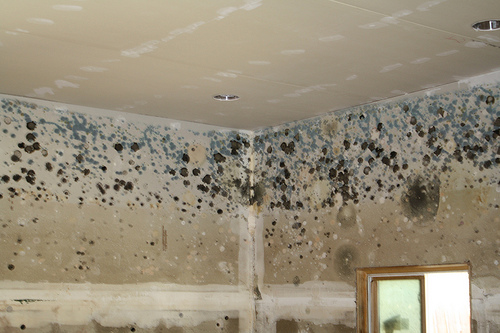
- Use a dehumidifier. Run it regularly when you’re home; if you’re going away, set it up to drain continuously into a sink so that it keeps on running.
- Set your air conditioner at 77° or lower and/or turn on fans to keep the air circulating.
- If you have water damage, get your home thoroughly and professionally checked for mold even if you address the flood immediately. Mold can and often does grow in unseen places.
- Schedule a certified mold inspection. In moisture-prone regions, enlisting experts such as North East Mold can offer peace of mind. Their thorough assessments use advanced tools to detect elevated spore levels and pinpoint areas where humidity or leaks may be creating ideal mold conditions.
- Early detection is key, not just to mitigate existing issues, but to prevent future outbreaks through targeted remediation and ventilation improvements.
Roof damage
A storm blew in and left you scrambling to find enough buckets to catch the leaks from the ceiling.
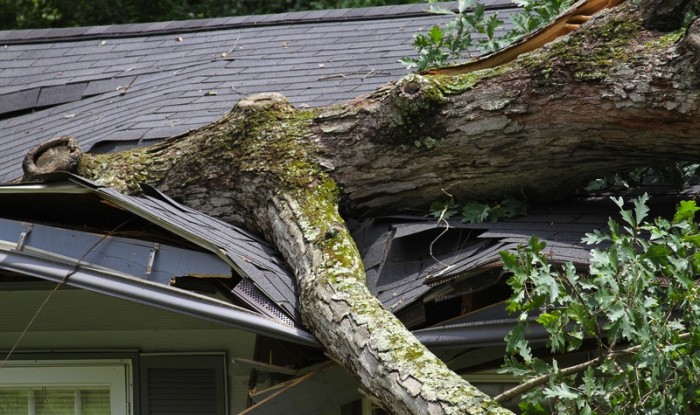
- Trim long and/or dead tree branches, especially before a storm, to keep them from crashing through your roof.
- Seal your roof before it starts to leak.
- Fix or replace broken and missing shingles immediately.
Fire
Electrical fires are a leading cause of home damage and resident death. Here’s how you can keep your home and your family from being part of the fire-damage statistics:
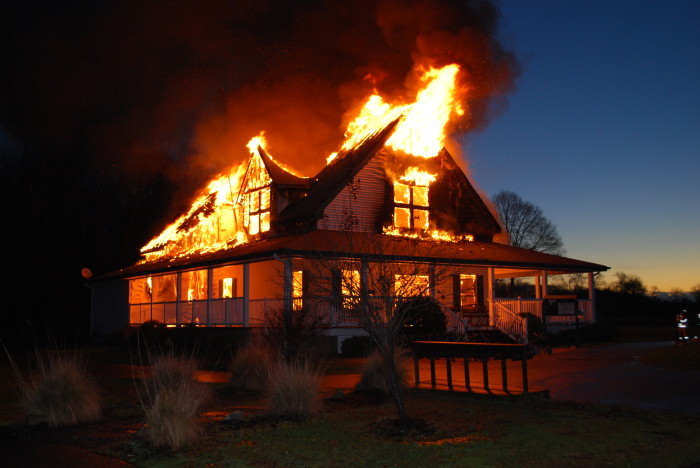
- Service and check all equipment – air conditioners, boilers, heating systems – regularly.
- Know how to use and maintain all appliances. Read the manuals – some instructions may surprise you.
- Clean your dryer vent (not just the lint screen) at least once a year.
- Ensure that every bedroom and floor has an operational smoke detector and replace batteries as soon as they start to die. (Every home must also be equipped with a carbon monoxide detector, mounted at bed level.)
- Keep a working fire extinguisher at hand in the kitchen; never pour water on a grease fire. Educate yourself on how to put out different types of fires.
- Have a family escape plan and perform a fire drill once a month. Teach your children how to get out rather than hide under a bed or run away from a firefighter.
Emergency preparedness
Whether you live in tornado or earthquake country or in a mild climate, you must always be prepared for an emergency, even one as minor as an electrical outage. You never know when the minor problem will turn into a major one.
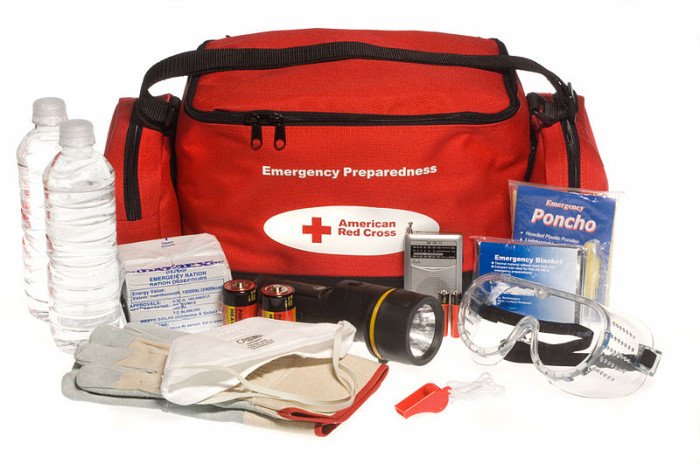
- Keep an emergency bottled water and canned food supply (don’t forget a can opener!).
- Prepare an emergency “survival” kit: all family medications, a first-aid kit, flashlights, batteries, a radio, and a corded phone (remember those?). Keep it in an easily accessible place.
- If you live in a place that’s vulnerable to natural disasters, consider a portable or installed generator. Make sure it’s fueled, cleaned and serviced at all times; test it regularly.
And when it comes to building that survival kit, don’t leave it to last-minute impulse buys at the pharmacy. A good-quality first-aid kit isn’t just a box of band-aids—it’s your lifeline when help is far away. Whether you’re patching up a scraped knee or managing something more serious while you wait for emergency services, having the right supplies on hand matters. That’s where this first aid supplier comes in—offering reliable, pre-packed kits that cover everything from minor wounds to more urgent care needs. It’s one of those investments you’ll hope to never use, but be grateful you made.
What do you wish you had known about protecting your home from damage?



